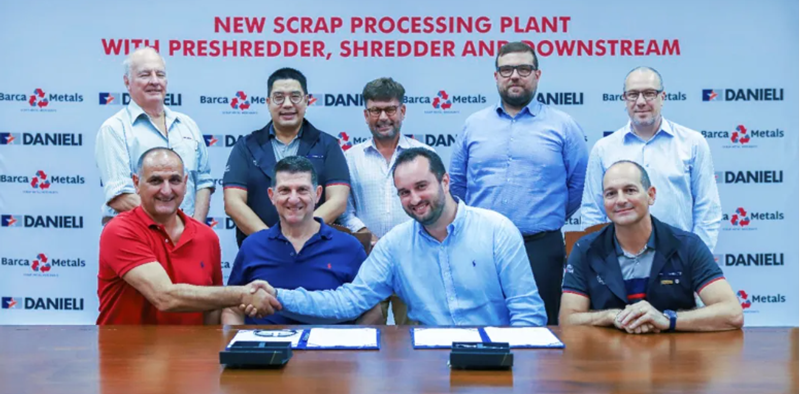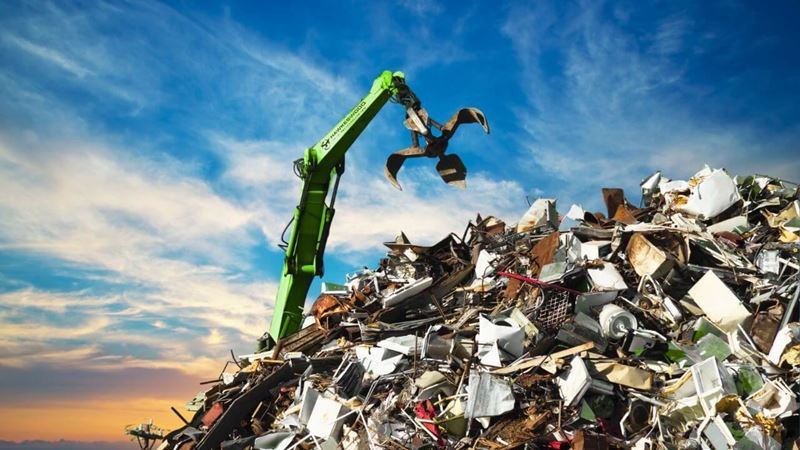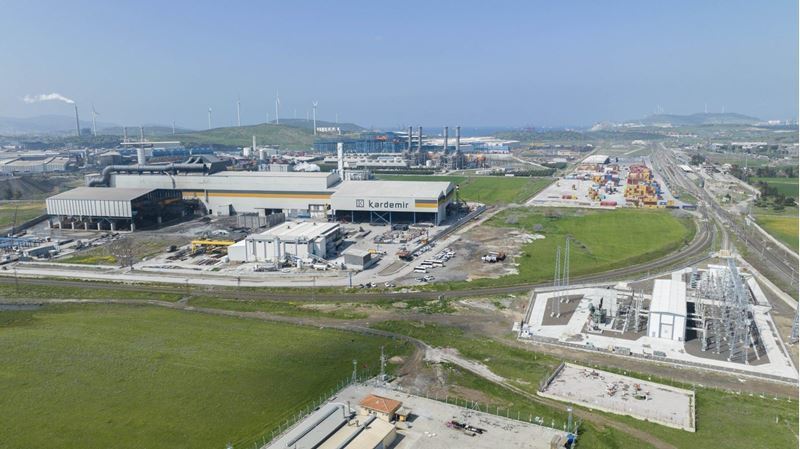Possible delay in the European Union’s Carbon Border Adjustment Mechanism (CBAM) are sparking widespread reactions among industry stakeholders across different countries, deepening uncertainty in an already complex regulatory environment.
In comments shared with SteelRadar, an industry professional based in Romania noted that the current complexity of the process is being further compounded by the possibility that individual EU member states may develop their own implementation and enforcement models. This could lead to cost imbalances and competitive disadvantages for exporting countries. For Türkiye, which exports large volumes to the EU, the uncertainty is particularly problematic, as it hampers the ability of exporters to make long-term strategic plans.
From Italy, an economic analyst pointed out that Europe’s economic outlook is weakening, and market sentiment is fading. In medium- and long-term political forecasts, the potential exit of some member states from the EU is seen as a serious risk that could undermine the stability and cohesion of the union.
According to a steel sector representative from Norway, competitive hot-rolled coil offers from countries such as China, India, and Southeast Asia are already putting pressure on European mills. A delay in CBAM would give carbon cost-exempt suppliers an advantage and postpone efforts to ensure fair competition. The same source added that the short-term uptick in activity seen in the European market prior to the summer break was closely tied to both demand sustainability and the timing of CBAM’s rollout.
From Switzerland, a market insider commented that there is currently no confirmed update regarding CBAM only rumors circulating among stakeholders. They warned that if the mechanism is implemented in January or shortly thereafter, market players could face significant price corrections as they adjust their positions.
Meanwhile, a commercial executive from Spain believes that a delay is unlikely in the short term, noting that companies have already invested heavily in preparations for several months. Exporters particularly those in China and other third countries have been working to measure and report their carbon footprints to maintain access to the EU market. Any delay, they argued, could undermine trust and raise concerns about unfair competition.
Overall, a potential CBAM delay may carry serious consequences not just for trade, but also for political credibility and institutional trust. Most stakeholders remain cautious and are refraining from major moves until an official announcement is made.











Comments
No comment yet.